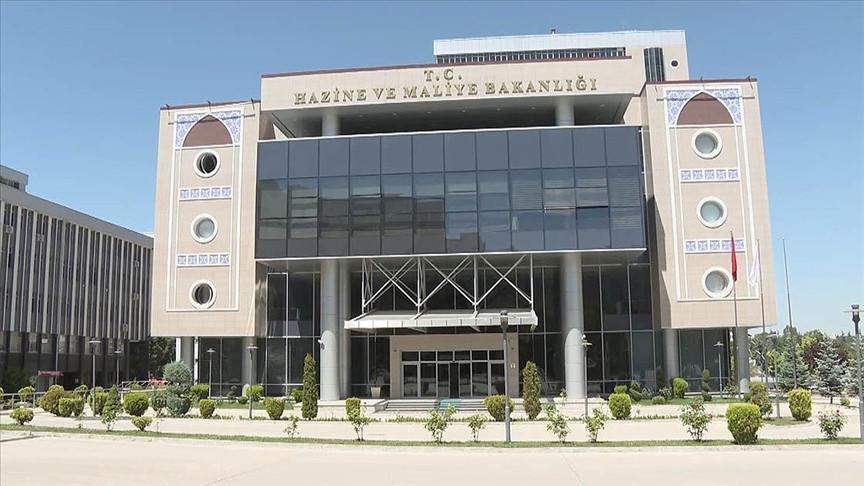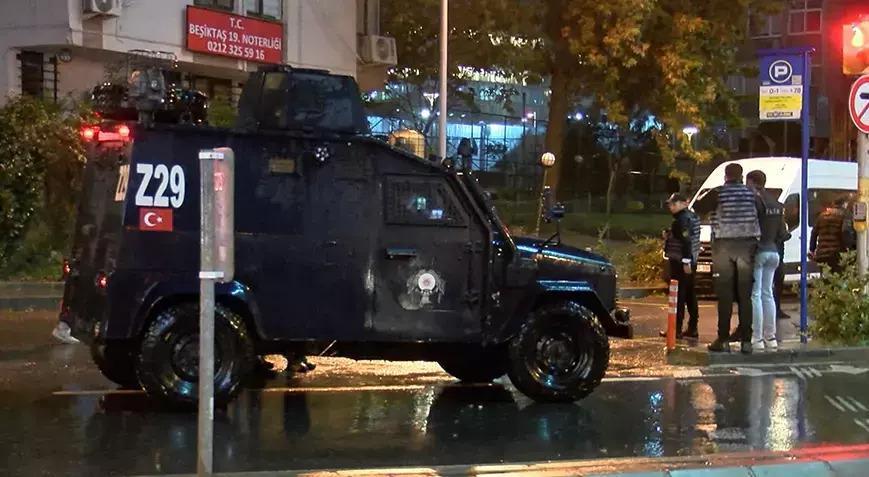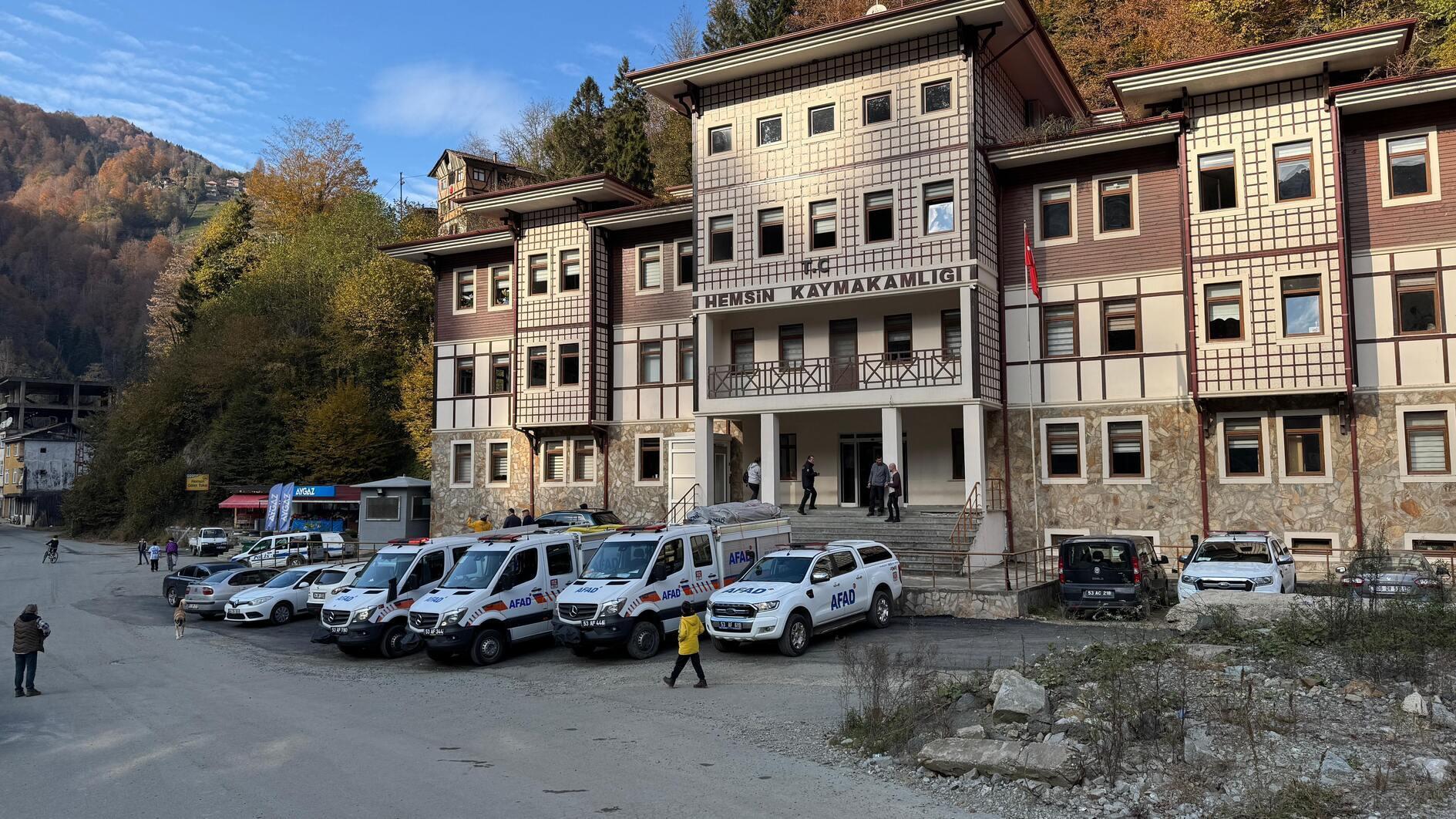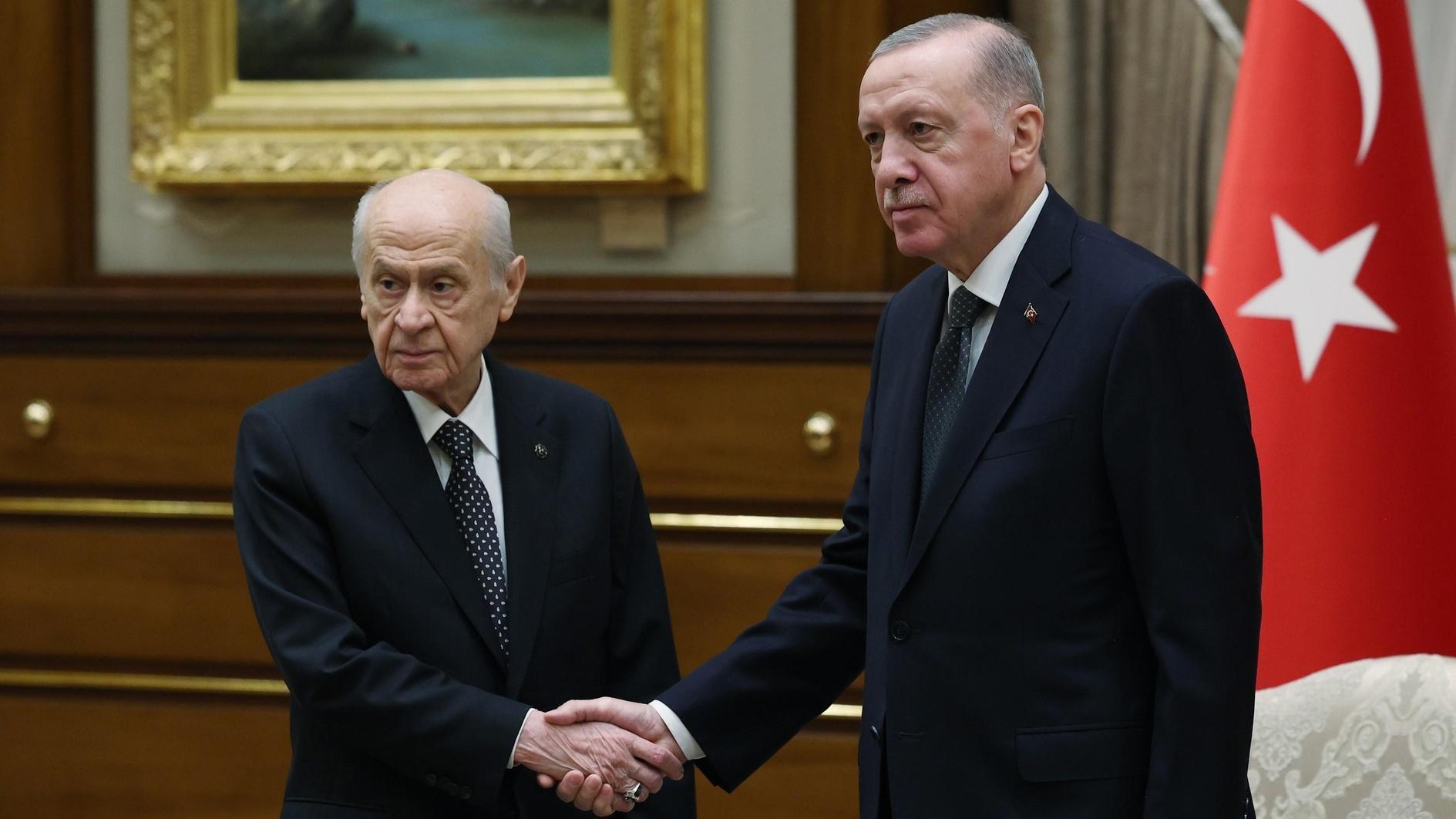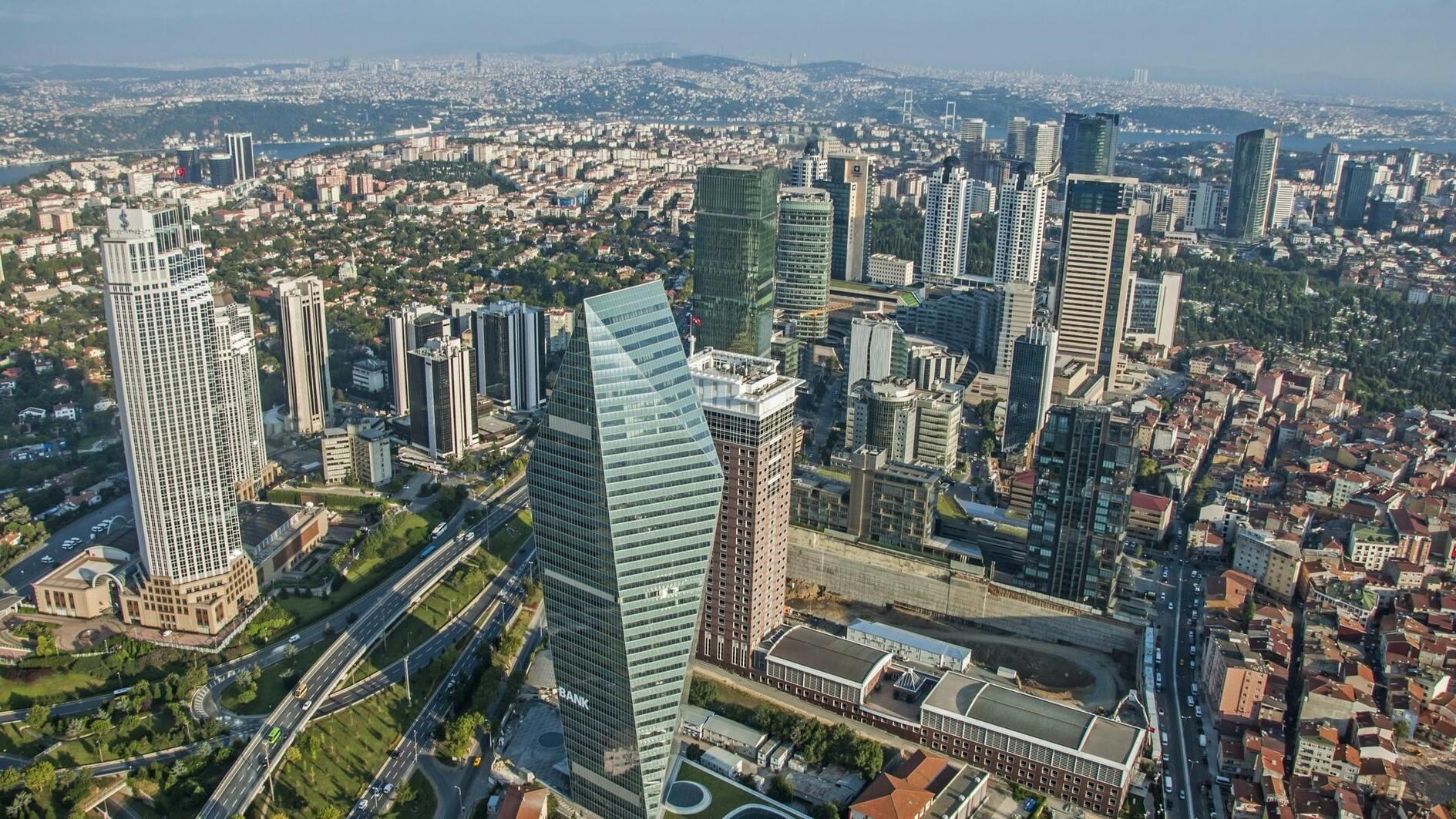As the new Turkey evolves into an old one
Serkan Demirtaş, the Hürriyet Daily News' Ankara bureau chief, wrote yesterday of the shock that the Dutch foreign minister experienced when he heard about the detention of a Dutch journalist by terrorism police, just as he was talking about freedom of press in Ankara with Turkish journalists.
The release of Frederike Geerdink, a Diyarbakır-based Dutch journalist charged with propaganda for a terrorist organization, came late in the afternoon of Jan. 6.
The irony of the story is that just as Geerdink was being taken from her house in Diyarbakır, Turkey’s president was addressing Turkish ambassadors and telling them that neither Europe, nor the U.S., but rather Turkey harbors the freest media in the world!
Can you imagine the shock that Turkey’s ambassador to the Netherlands must have felt when he heard about the detention of the Dutch journalist, just as he was supposed to be hosting the Dutch minister here in Turkey. I am sure that while coming to Ankara he felt privileged that the minister of the country where he is posted is the guest of honor at the Turkish ambassadors’ annual meeting.
I checked the ambassador's CV. Born in 1968, he entered the Foreign Ministry in 1996, meaning that he represented Turkey when the country had embarked on a remarkable reform process. So, life must once have been easier for him.
Had he been more of a veteran ambassador, I have no doubt that he would have smiled sarcastically about the situation, with a sense of déjà vu. I am sure the winds of nostalgia would have taken a veteran diplomat back to the first half of the 1990s.
That is when I started journalism. I watched Turkey’s diplomats explain how the country is dedicated to its European vocation and democratic principles. Just as they were on the point of convincing their European interlocutors, an extrajudicial killing would take place in the southeast, or a blind human rights activist would be taken into detention on charges of terrorism activities, or a foreign journalist would be declared an unwanted person. The timing of Turkey’s patriotic security forces would always coincide with a specific dialogue taking place with a European figure. They would do so on purpose, in order to show that Turkey’s patriotic forces, which are there for the wellbeing of the country, do not care about talks between a bunch of “mon chers” diplomats.
Today's Turkish ambassador to the Netherlands is lucky. He has a platform to talk about the difficulties of his mission. Back then, there was no such annual ambassadors’ conference. Then again, back then, they would not be subjected to tirades from the country’s president or prime minister, ordering them to fight against the parallel state.
It is a pity that meetings which started as a brain storming activity among diplomats have turned into a monologue by the country’s rulers.
I can’t imagine an ambassador coming out and speaking about Turkey’s increasing isolation in the world, or about how the policy of "precious loneliness" proudly announced by the president’s advisor has indeed turned into loneliness, with its “precious” characteristic being highly questionable.
I can’t imagine an ambassador talking about the need to establish bridges of dialogue with countries with whom we no longer talk. You cannot pretend to be an important player in the absence of healthy dialogue with other important players.
I can’t imagine a diplomat being slightly critical without fearing of being dubbed as a representative of the parallel state.
Then again, I am sure that some among them are used to it; since they have been there since the days of the old Turkey. At the end of the day, the new Turkey is from certain aspects very reminiscent of the old one.



